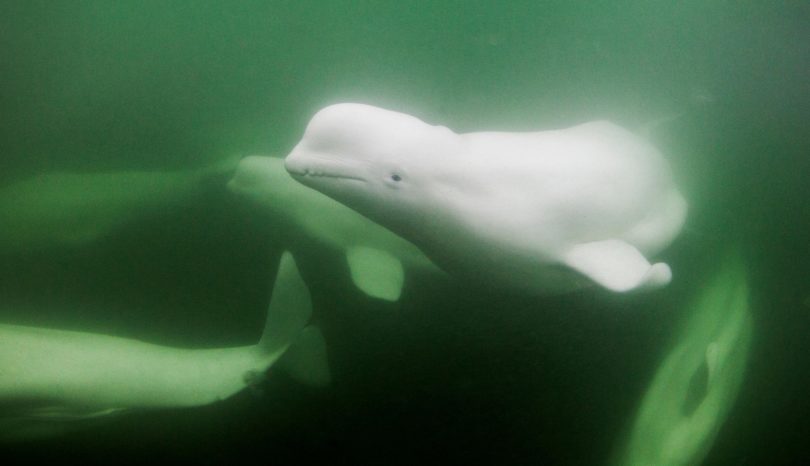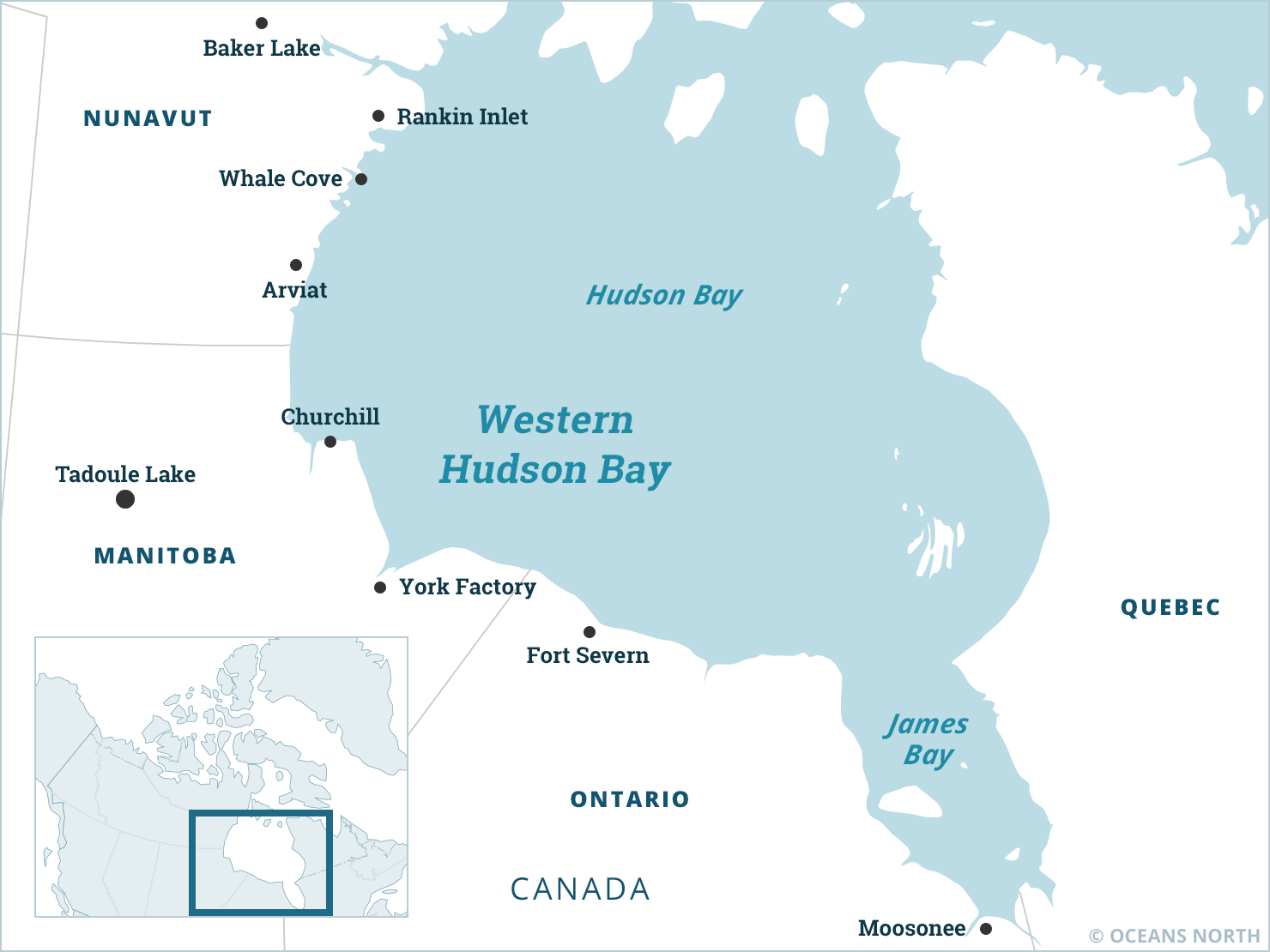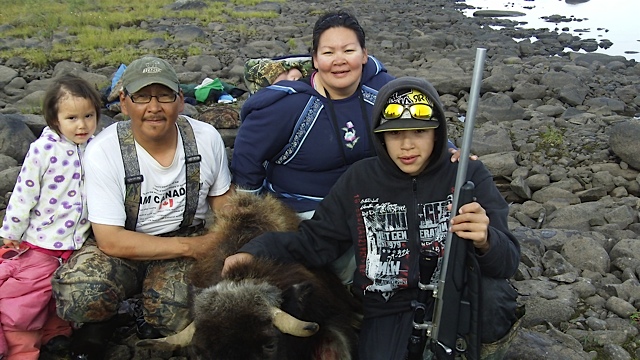At the center of Canada is the great inland sea of Hudson Bay, or Kangiqsualuk ilua, a frigid tongue of the Arctic Ocean. Hospitable to an estimated 57,000 beluga whales and other marine mammals, it reaches farther south than the European capitals of Scandinavia, Germany and Russia.
Because Hudson Bay is the world’s most southern arctic and subarctic ecosystem, it is especially vulnerable to the effects of climate change and the impact of industrial activities like hydroelectric projects.
Related Resources
The Beluga News The Beluga History Issue, Summer 2023
The fourth issue of The Beluga News highlights the history and heritage sites of Western Hudson Bay near Churchill, Manitoba, where people have been living alongside belugas for thousands of years.
The Beluga News The Beluga & Calf Issue, Summer 2022
The third issue of The Beluga News highlights the latest scientific research taking place in Churchill, Manitoba, including new research into how beluga calves and their mothers use the estuaries.
The Beluga News: Summer 2021
The second issue of Beluga News provides updates about our three-year study of how belugas interact with whale-watching boats in Churchill, Manitoba.
Western Hudson Bay and Its Beluga Estuaries Protecting Abundance for a Sustainable Future
Western Hudson Bay is globally signification wildlife habitat, as well as the site of important historic and cultural sites. Western Hudson Bay and Its Beluga Estuaries: Protecting Abundance for a Sustainable Future advocates for a national marine conservation area in this region.
Protecting Manitoba’s Beluga Estuaries
The river estuaries in Western Hudson Bay provide invaluable summer habitat for one-third of the world’s beluga whales. However, climate change and industrial impacts threaten this region’s ecological viability and have the potential to fundamentally impact the economic base and health of coastal communities that rely on its natural resources for sustenance.
Video © The Pew Charitable Trusts and Ducks Unlimited.



